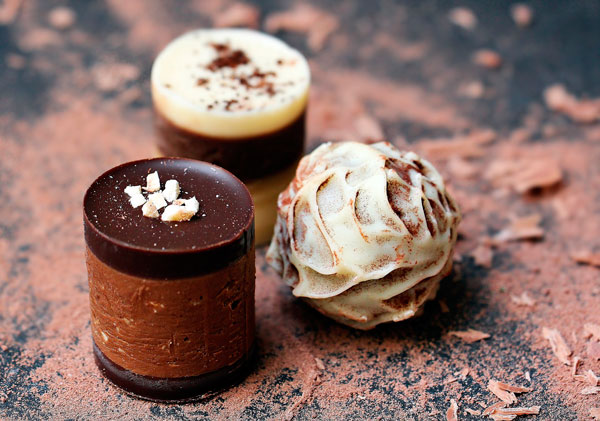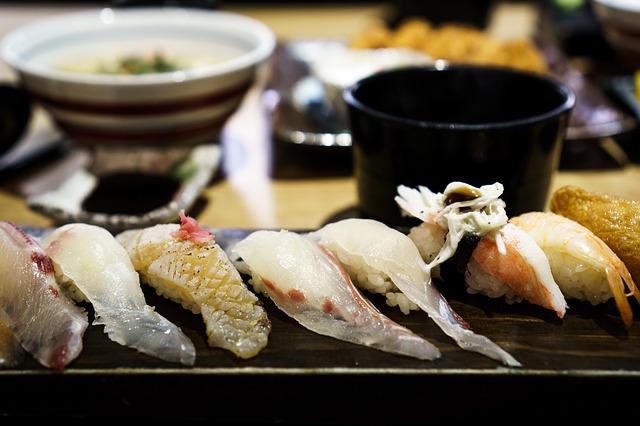In this fast-moving, modern world, the value of something is often judged by how quickly we can get our hands on it. Business, transport and technology rely on abiding by this rule of thumb. However, the movement of those going against the grain is growing, and the Slow Food Alliance is at the fore.
In our junk filled modern diet, Slow Food is a voice of calm reason and quality – working to promote the greater enjoyment of food through a better understanding of its taste, provenance and production. Born in Italy in 1989, the organisation has gone global with thousands of members and supporters from 150 countries internationally.
The aim of the non-profit Slow Food Alliance is to bring food back to basics, and reconnect people with where their food comes from and how it is produced. It’s hoped this will encourage people to choose nutritious food, from sustainable local sources instead of binging on unhealthy, convenience-driven meals.
Background
It is fitting that Slow Food’s home country is Italy – the country that celebrates good food, an enjoyment of eating and a slower pace of life.
Food activist Carlo Petrini, who boasts many achievements in the food industry, founded the alliance. He is responsible for Terra Madre, a groundbreaking meeting of 5000 food producers from all over the world, which is held in Turin, Italy, every two years and aims to promote mutual co-operation throughout farming communities. Petrini, who was also behind the creation of the Slow Food University of Gastronomic Sciences, is the author of several books and contributes regularly to varying newspapers and publications. This all makes him a formidable expert in the field of good food, and its relation to sustainability and environmental issues. It is no wonder then that in 2004 he was named a European hero by Time magazine and in 2008 he was the only Italian to appear in the Guardian’s list of ‘50 People Who could Save the World’.
Slow Food UK reaps the benefits of having friends in high places through its Chef Alliance. Many of the top British based chefs actively support the cause by championing small-scale producers and working within their local communities to promote good quality local and sustainably produced food. They also create special Slow Food menus in their Michelin starred restaurants. Angela Hartnett, Mark Hix, Michel Roux Jr., and Tom Aikens are just some of the chefs involved. There are currently 83 leading chefs in England, Scotland and Wales who are members of the Chef Alliance. Well- known commercial partners including Neal’s Yard Remedies, Lavazza coffee and Highland Park whisky also support the charity.
Slow Food Week 2013
As a result of all this support, early June (1 – 9) of this year saw the biggest Slow Food Week yet, the theme of which was ‘leftovers’ dinner parties. The idea was to host a ‘leftovers’ dinner party, and charge your friends and family – then donate this amount to the Slow Food UK charity. This idea fulfills the alliance’s aim towards promoting sustainable food and raising awareness of national food waste.
“It is estimated that half the national food waste comes from our homes. If we can encourage people to use their culinary creativity and initiative to entertain with food that may have been thrown away for no good reason, we hope we can start to change these habits,” said Prue Leith OBE, a Slow Food UK Board Member.
Another important aspect of Slow Food Week was showcasing six ‘forgotten foods’ from Britain by adding these to the organisation’s Ark of Taste, which champions artisan food producers, traditional preparation methods and ‘endangered’ foods. Badger Face Welsh Mountain Sheep, Cornish Saffron Cake, British Lop Pig, Sea Lavender Honey, Goosnargh Cake and Medlar have all been added to the list, bringing the grand total to 61 foods. It is hoped that this promotion will revive these foods and raise awareness about them so they may be rediscovered and returned to the market through top UK restaurants including Corrigan’s Mayfair, Murano, Pizarro, the Cumberland Bar and Newman Street Tavern.



